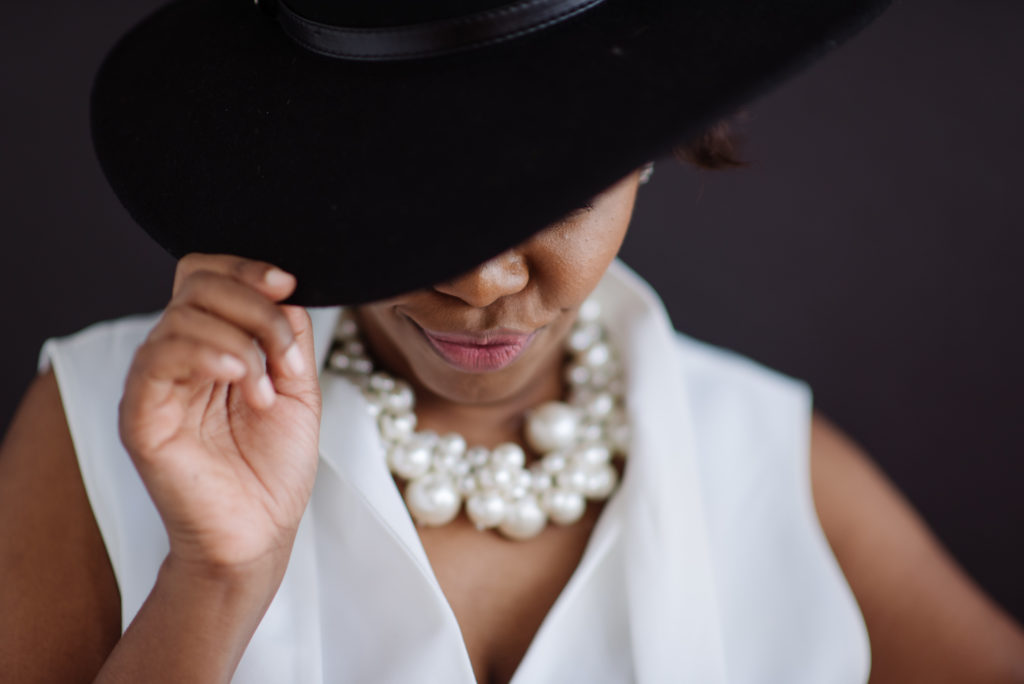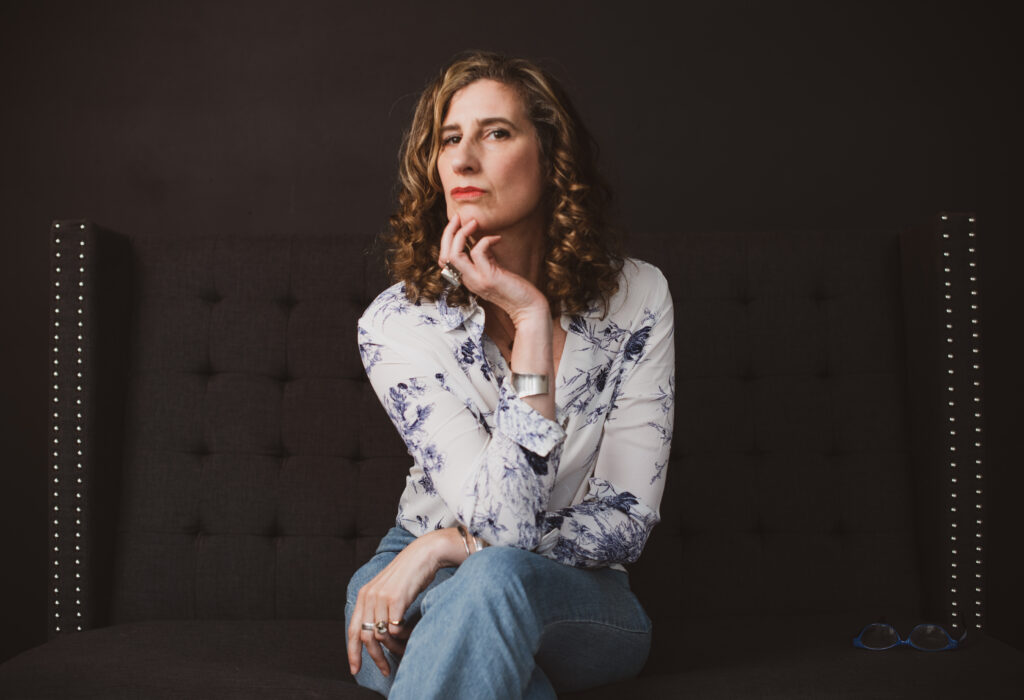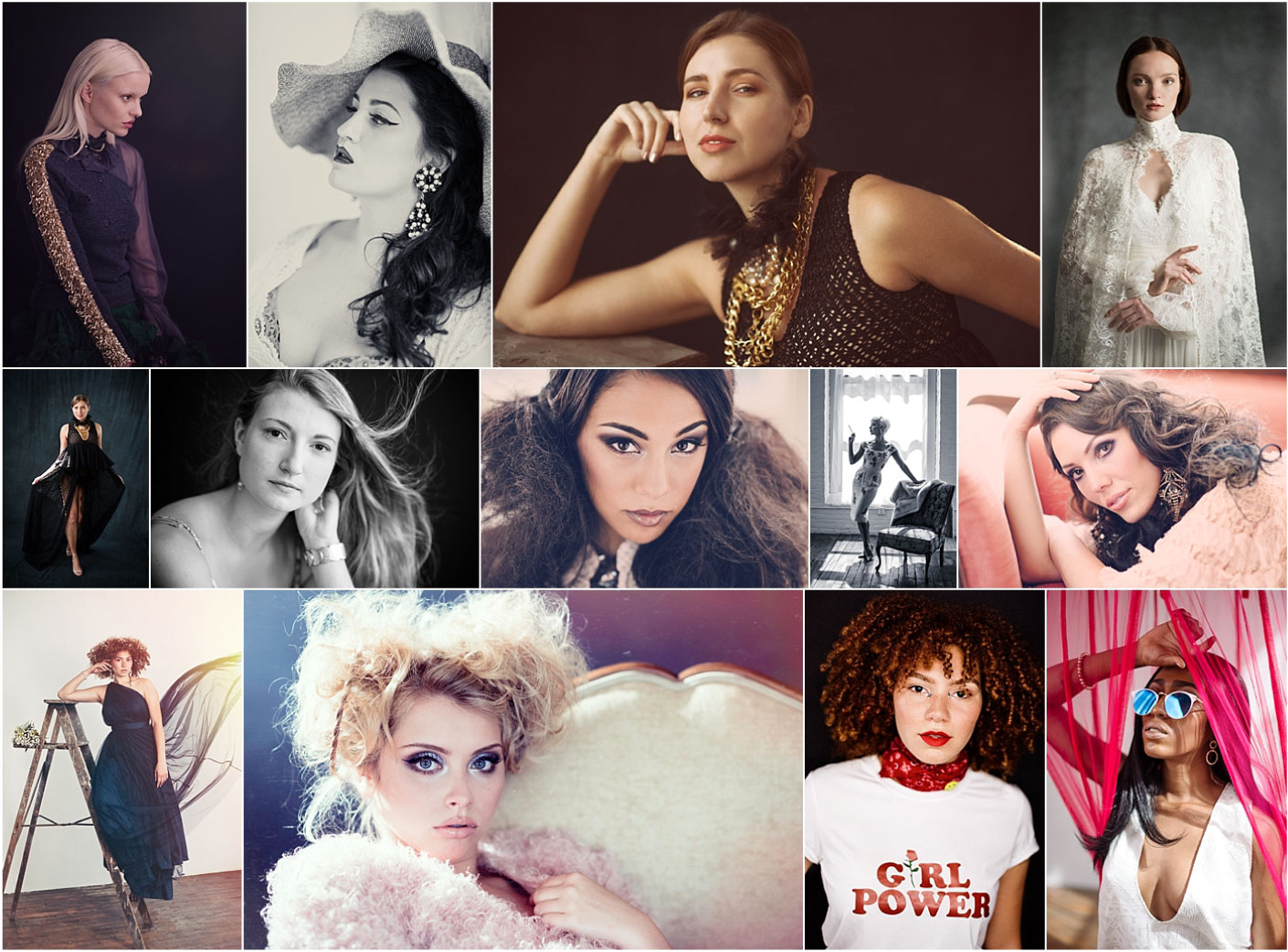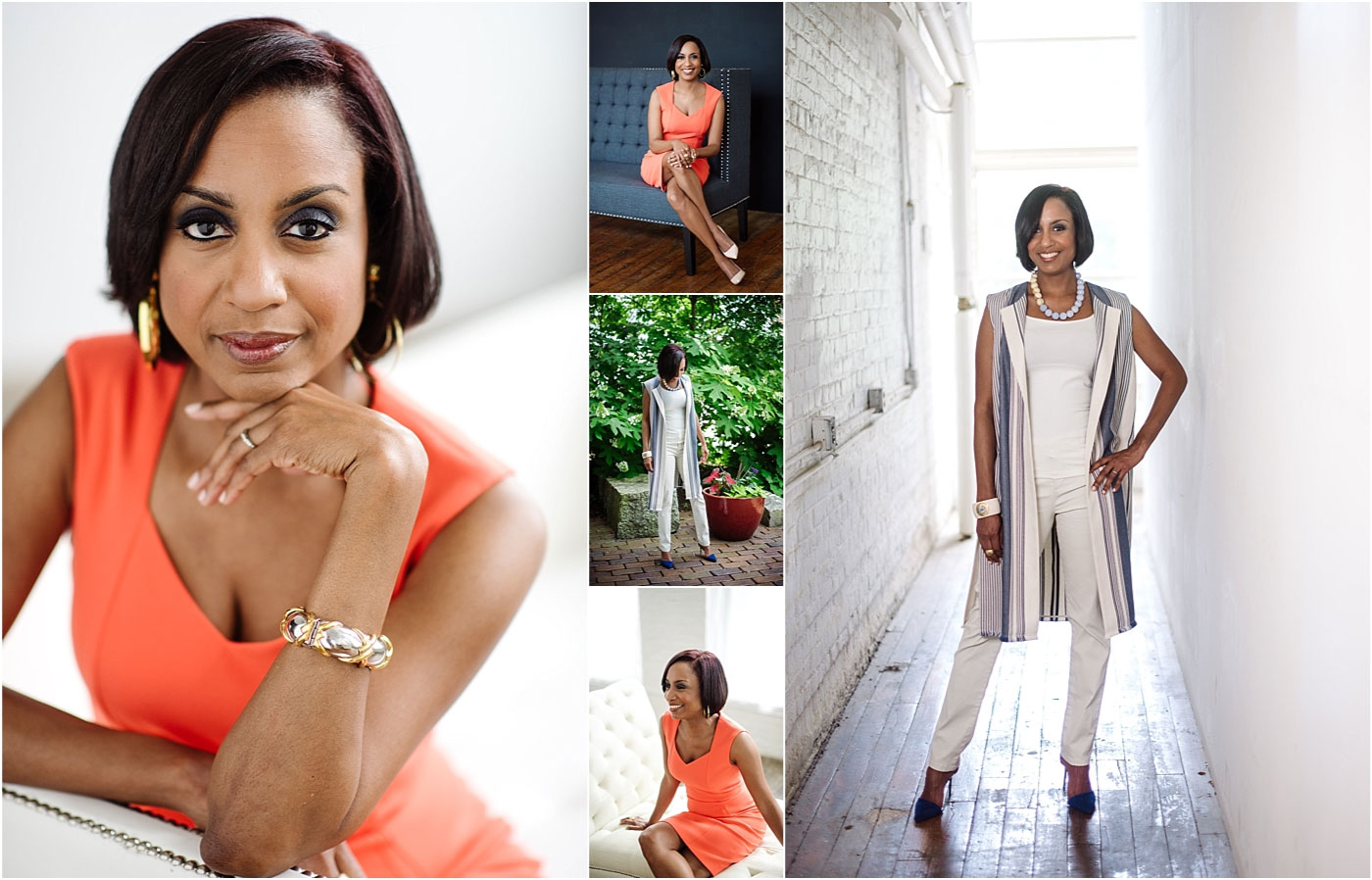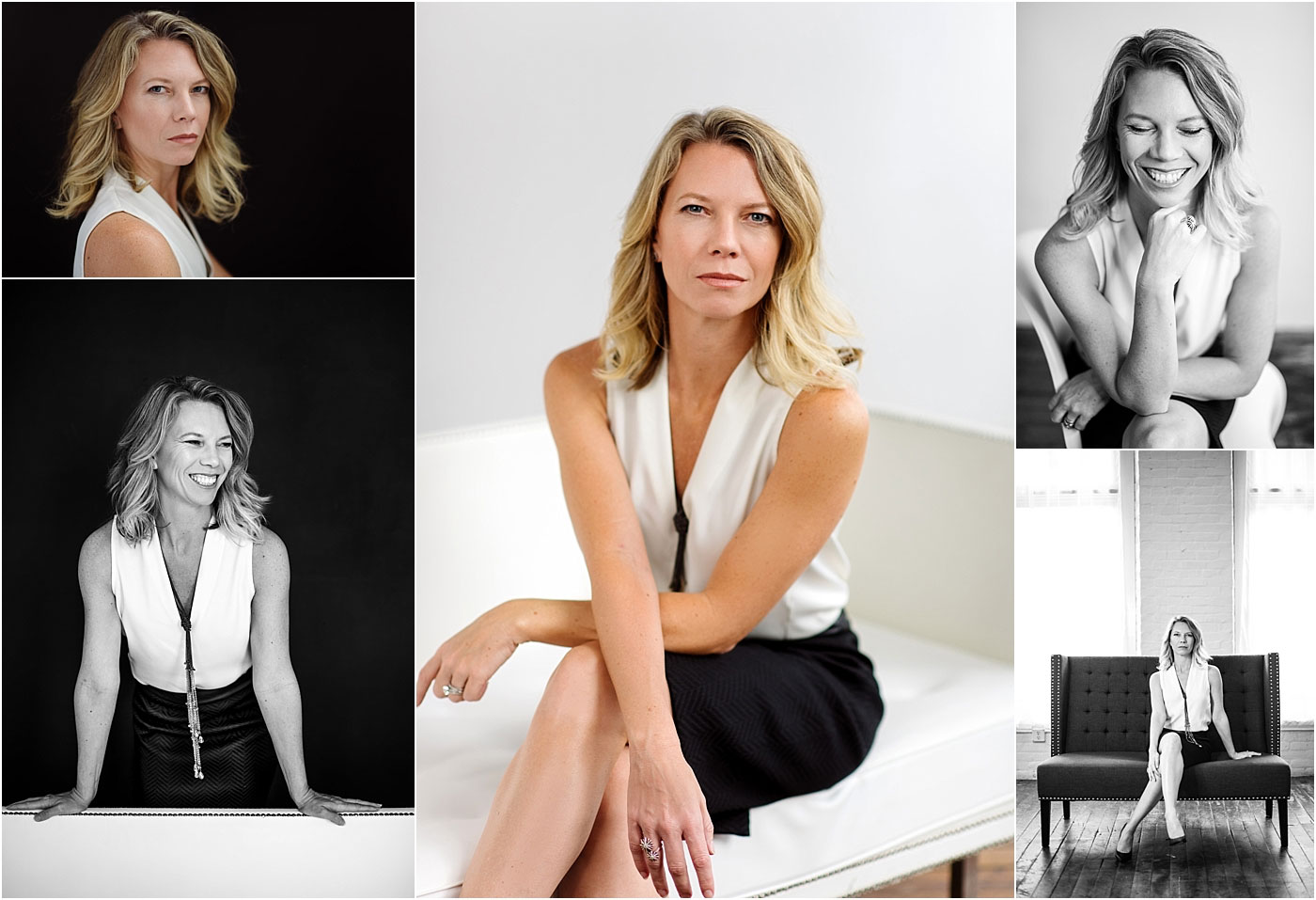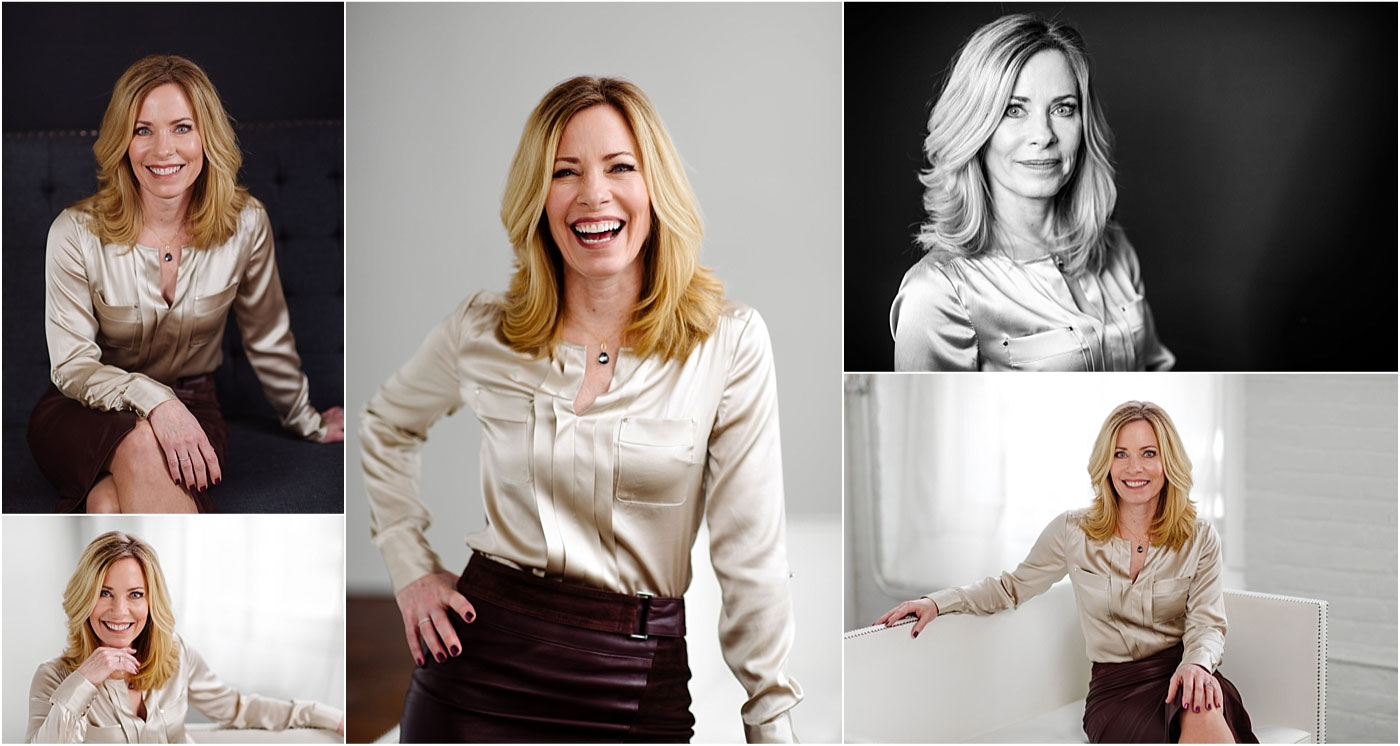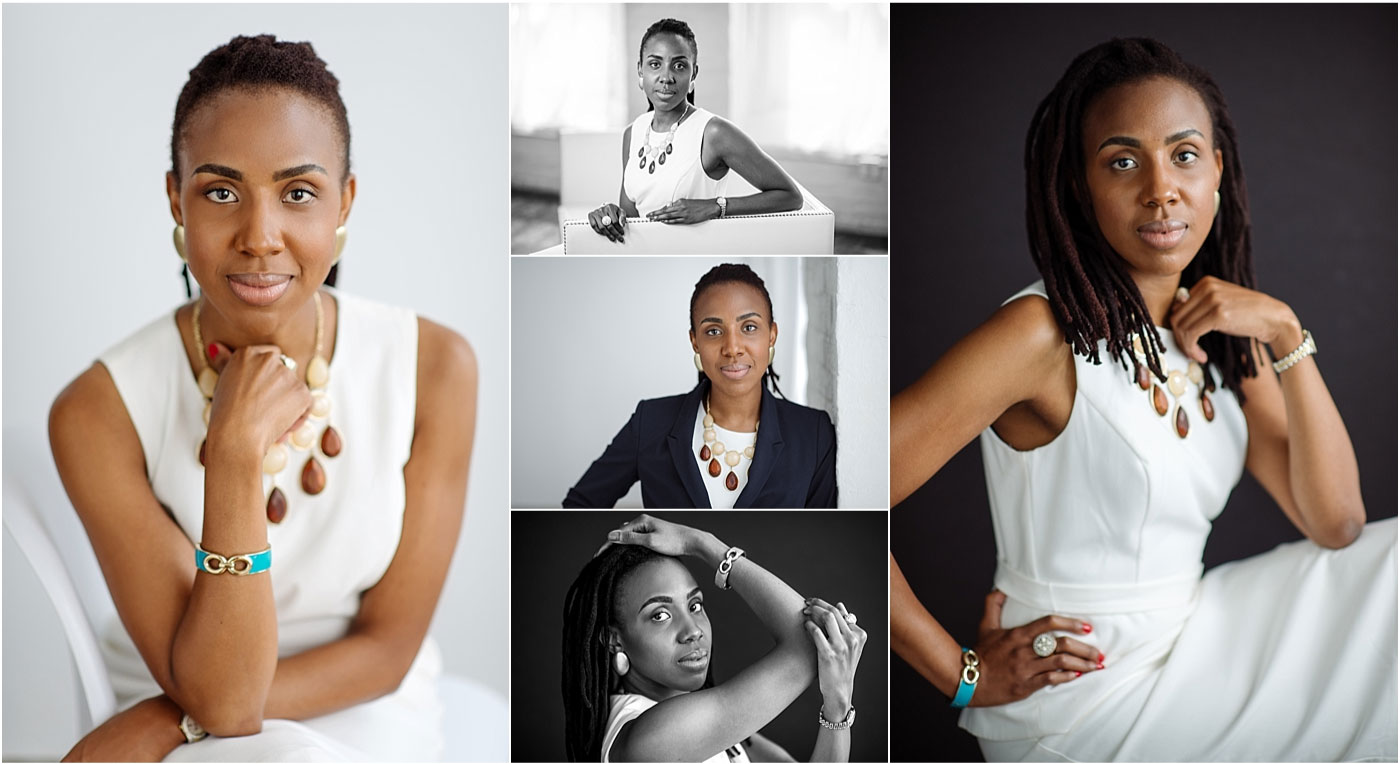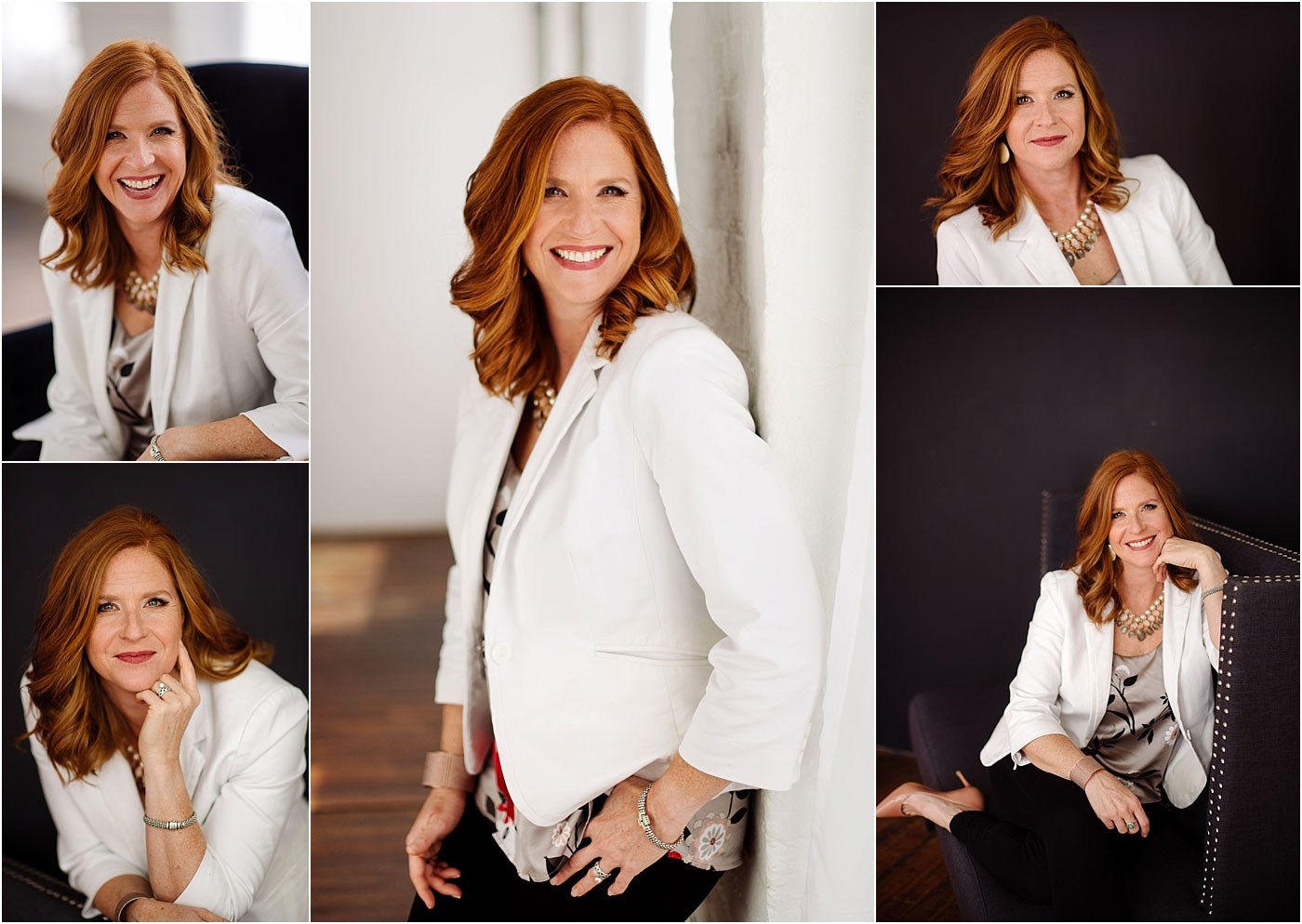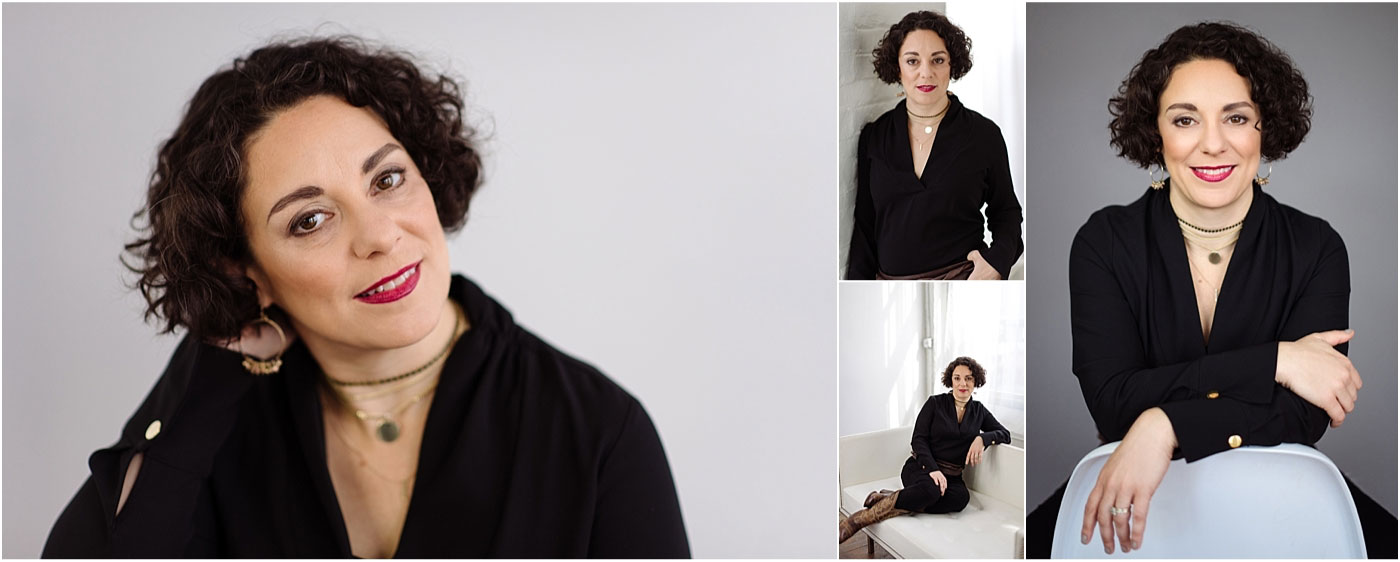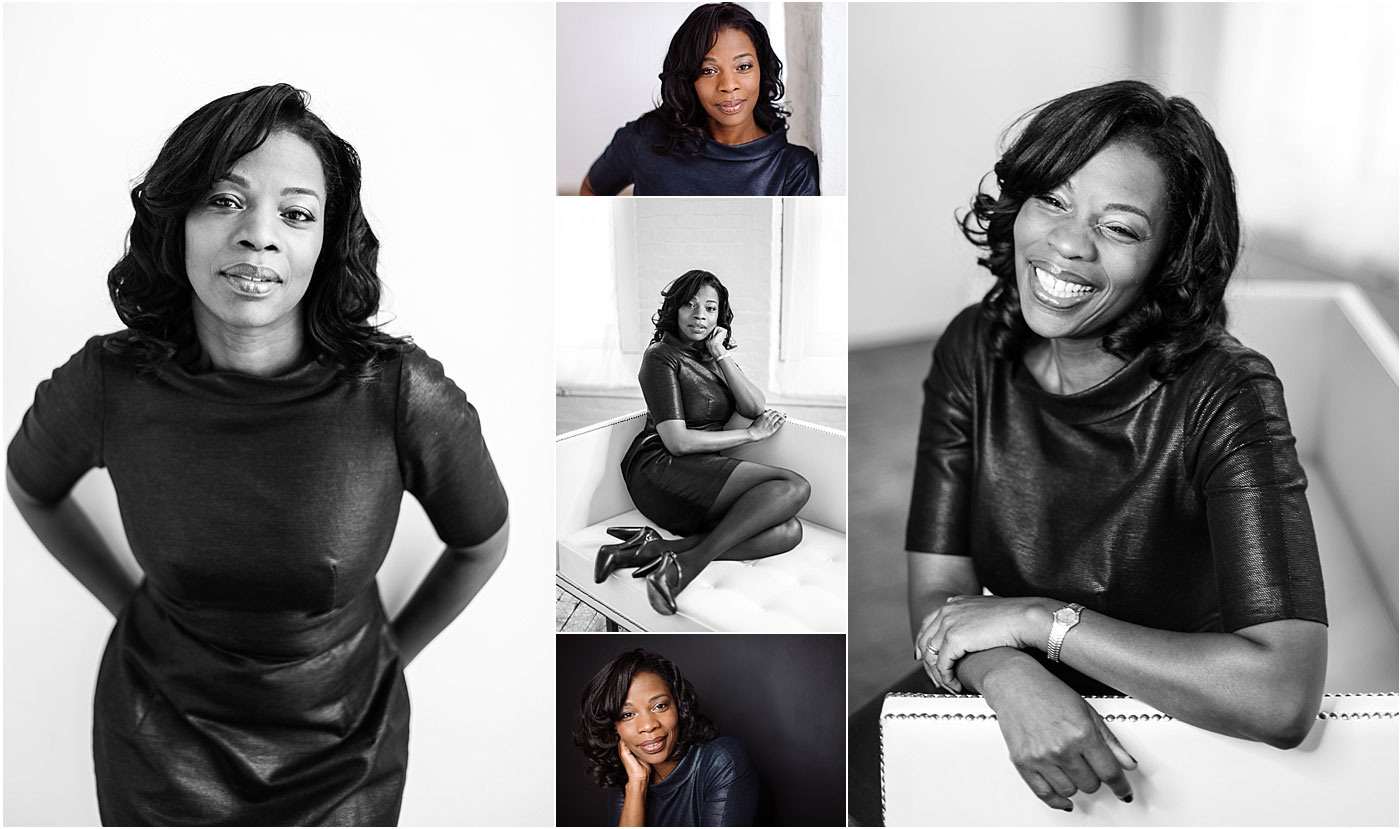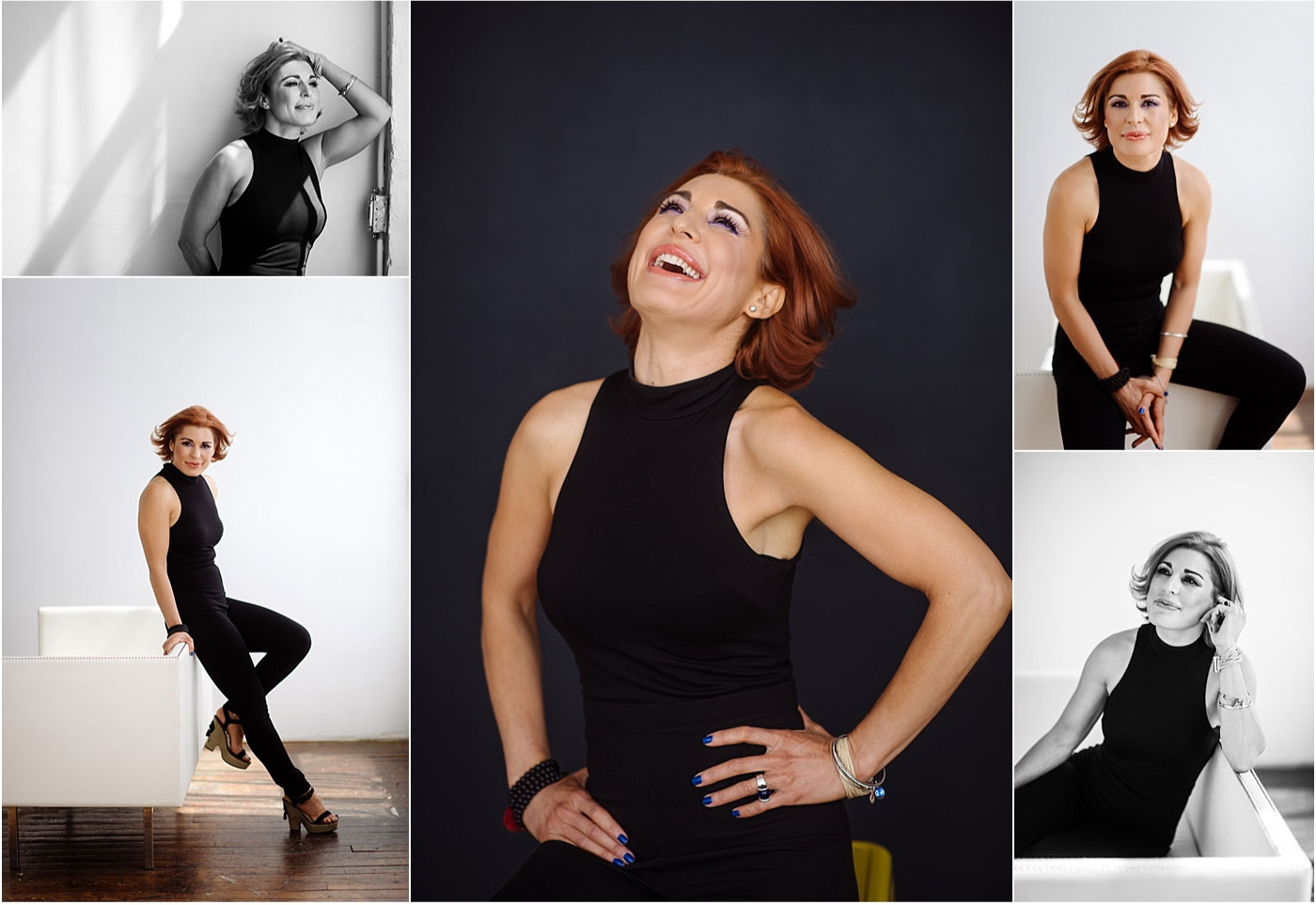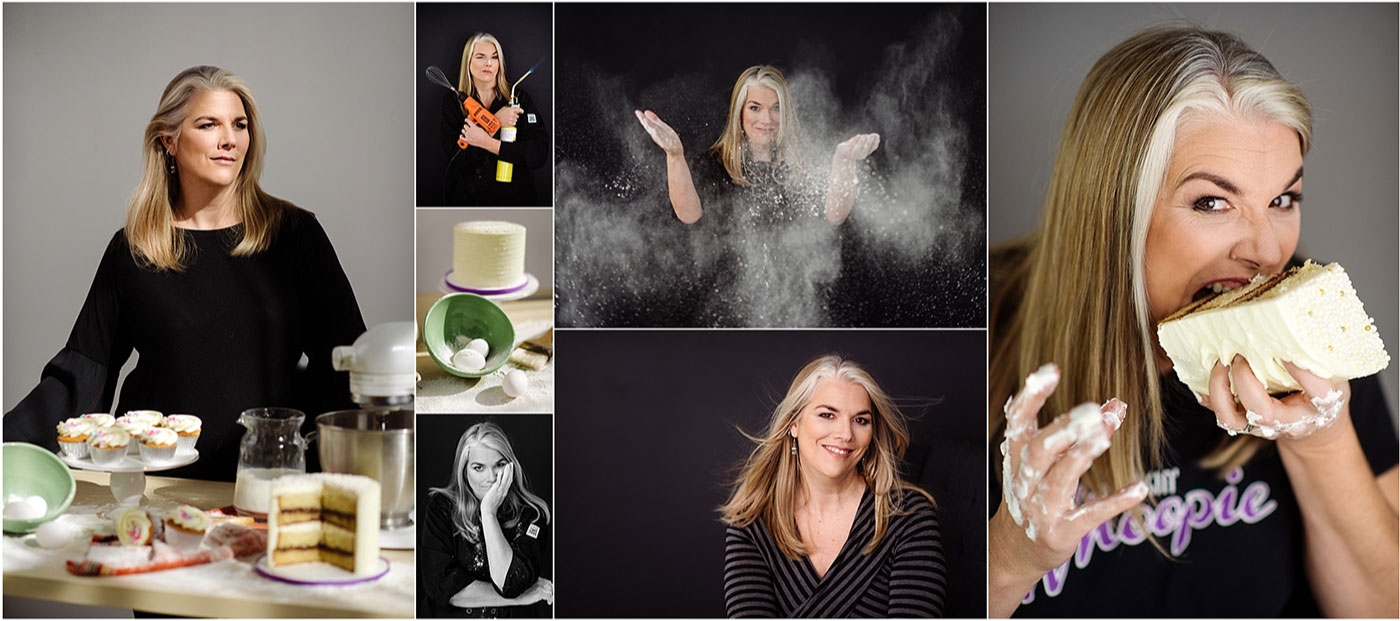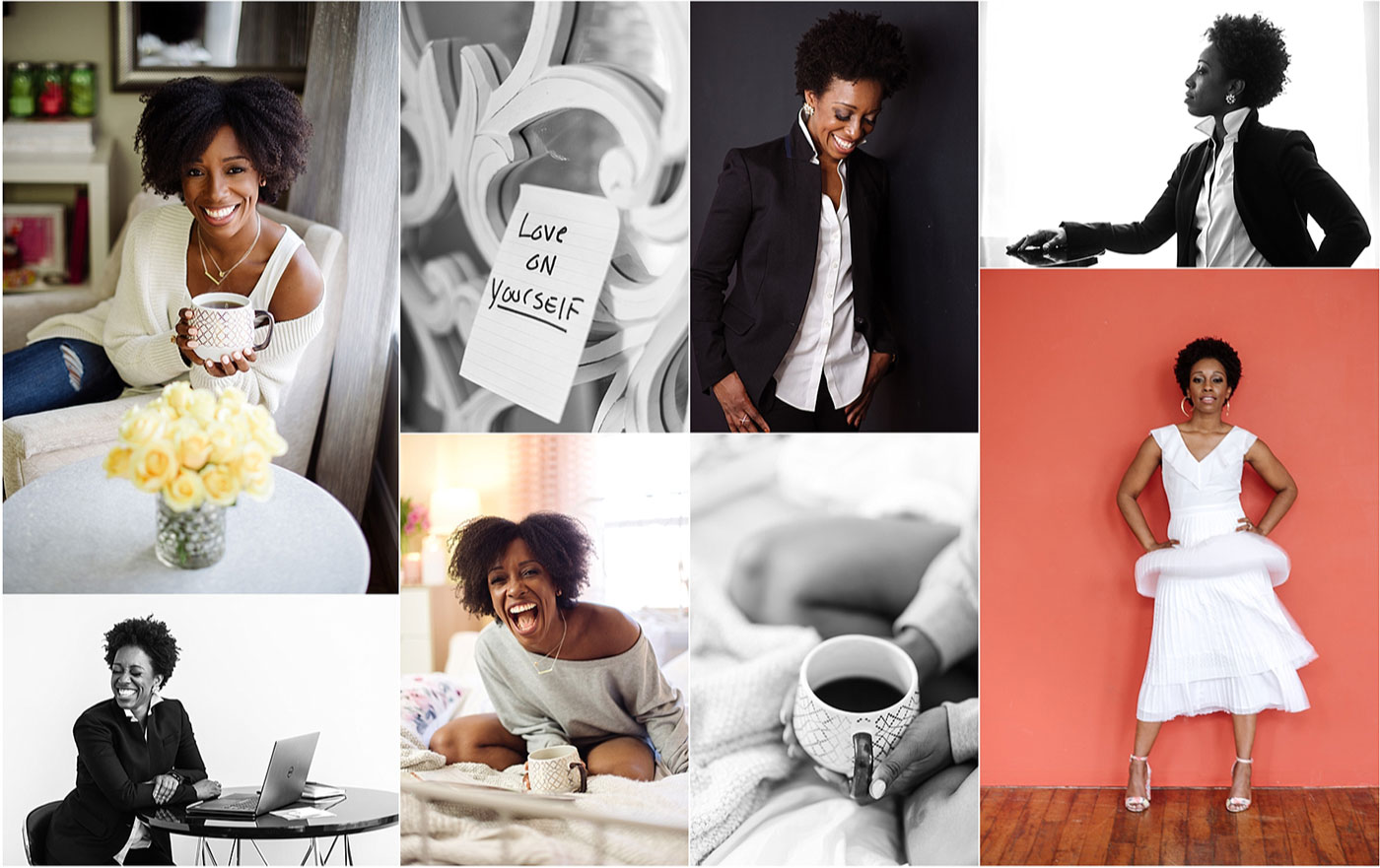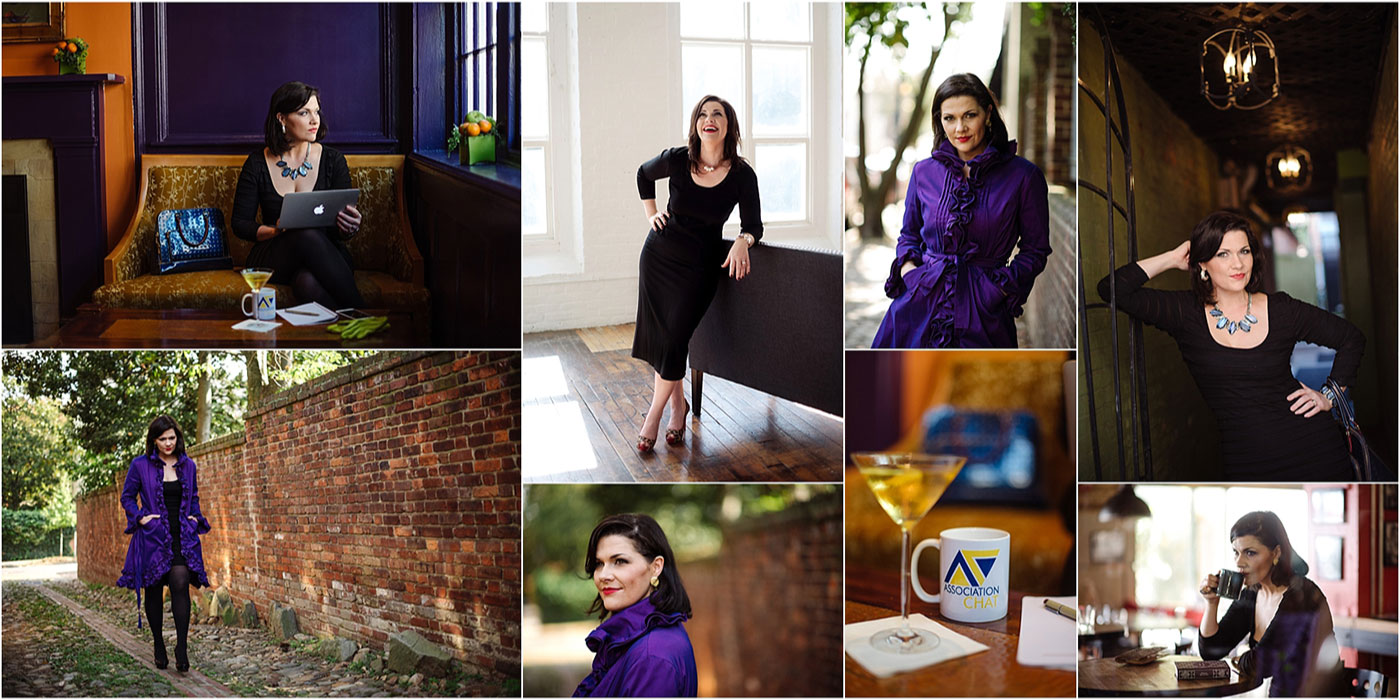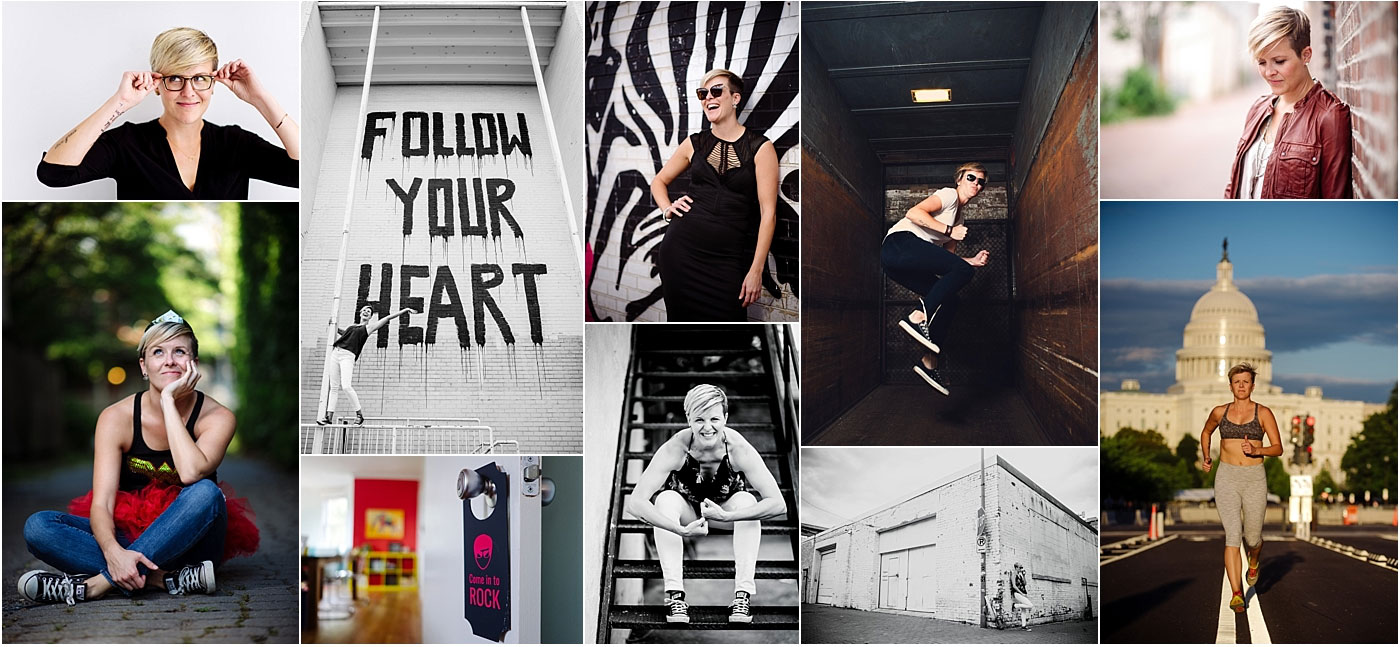Tête-à-Tête > Diane Fink
Tête-à-Tête Interview
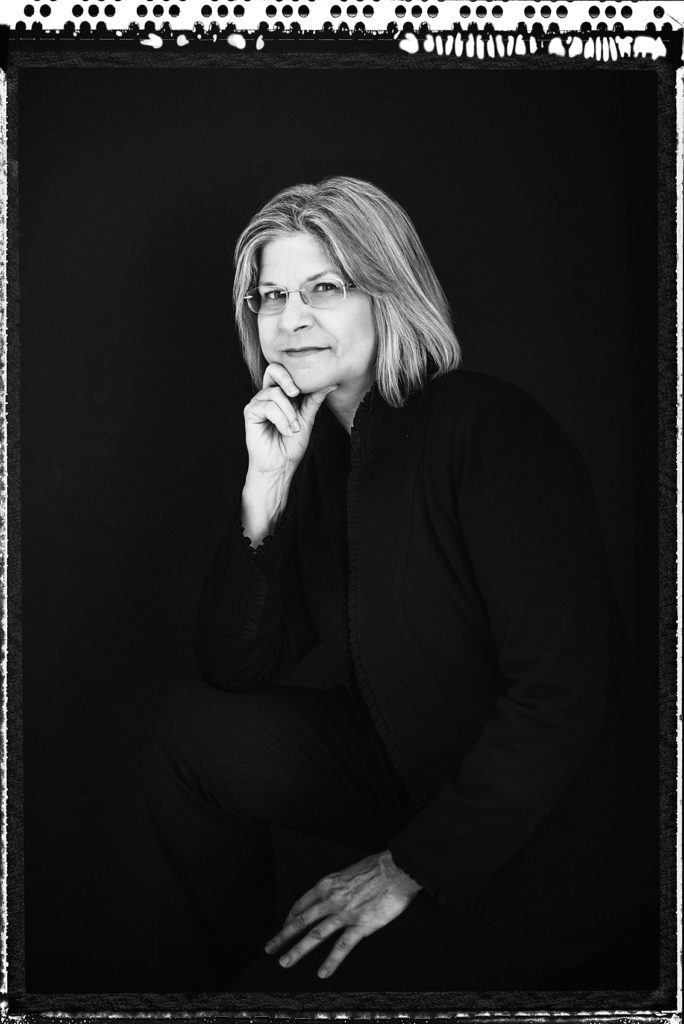
I sat down with Diane Fink the Executive Director of Emerge Maryland. Emerge is a national non-profit that identifies, trains and encourages women to run for office, get elected and to seek higher office. Their intensive, cohort-based six-month training program is unique for political careers. Here’s a recent article about the rise of Women in Politics from POLITICO.
MG: Tell me something no one knows about you.
DF: Everyone has a story. And at the age of twelve I found myself pretty much on my own. My mother died my father was an alcoholic and pretty much abandoned us and there was no safety net for us in this impoverished neighborhood. Everyone in this neighborhood was pretty much in the same boat.
MG: Are you a Maryland girl?
DF: No, I grew up in LA.
MG: Okay, so tell me about the transition between growing up in LA and reinventing yourself in the political world? Did you run for any political office?
I ran for Central Committee in Frederick, where I live. I served two terms, so eight years on the Democratic Central Committee. I live in a district that is not going to vote for a Democrat. I’m probably more, Takoma Park liberal than Maryland liberal and that shows. I’m sure I could not win in a conservative district that’s out numbered by Republicans. So when I realized the numbers weren’t in my favor I decided to help other women.
MG: Do you find Maryland is becoming more blue?
We have a Republican Governor. We have never had a woman serve as Governor. There is a woman running for Governor. If Hogan wins, and it’s not a given that he’s not going to win, I think that he is a true conservative, and I think that it’s not what I view would be the best interest for us in Maryland. So, that’s my point of view, and I know there’s others.
MG: Did anyone ever tell you you’ll never be ”_____.”
DF: Sure. I think throughout our lives we have people who can discourage us and people who encourage us. There were people along the way who said I would not be successful, or I would not have not been whatever I pursued. I’m not listening to that. I have been told that by people who should have been there to support me or to encourage me, and I did ignore it. It doesn’t mean it didn’t hurt. It did have a chilling effect on my efforts, but you know, you push forward. This is not unusual for women in politics and often times when women are discouraged from running for office it’s by another woman, and it’s by a woman that could be in leadership or in politics that tells her it’s not your time, and that’s something that we have to push through and ignore and change.
MG: What accomplishment or experience are you most proud of and why had done yet?
DF: I’m not done yet!
MG: I like that answer. What makes you tick? What gets you going, your motivator?
DF: What I’m doing right now, so whatever my current passion is, it gets me going. I was a stay at home mom for 18 years, and I loved it. I absolutely loved it and my kids loved it, and we had a ball. We really had a blast so that made me tick then and now what makes me tick is what I’m doing now.
MG: When did you transition out of stay-at-home mom world?
DF: I did a lot of volunteering and I worked on a lot of campaigns while my kids were in school, even when they were small. But, as far as being paid where society says it counts was when I got the job with Emerge. That was six years ago.
MG: Are you a Founder at Emerge, a co-founder?
DF: I’m not. I’m the Executive Director, but I was there from the start. I’m was there from the absolute very beginning in 2011 when we were all getting together and talking about it. Martha McKenna’s our founder. She’s totally awesome. She’s my board chair as well, and I couldn’t ask for a better leader and board chair in our organization.
MG: Any research or articles you’ve been into lately?
DF: Oh it’s all about the 2018 elections in Maryland right now. I love stats so I’ve been putting our election stats out everywhere. I think we’re number 13 in the country for women serving in office and I want to move that up.
I work to find out what else Emerge can do for Maryland women. With Emerge, they [women] get this amazing network of women across the state. I asked the women we have given training to in the past – “give me a quote about what emerge means to you” and almost every single one of those women say “it’s the sisterhood,” “It’s the network building,” “It’s knowing that somebody else across the state is knocking doors in the same snowstorm I am” – or – “that they’ll come across the state and help knock doors.” That’s huge for these women running for office, and it matters. It really matters because not only are their efforts amplified by other women instead of a woman telling you this isn’t your time, they’re lifting each other up, and now they fill the halls in Annapolis and on the County Council.
With other Emerge sisters they have built-in support at these tables – in many cases they may not always agree on every issue, but they’ll have each other’s back and nobody’s there to take anybody down. So, they’ve bonded.
MG: What are you reading about besides stats? Do you like listen to like Ted Talks, what do you get inspiration from?
DF: Oh, I do yes. Yes, I do I listen to Ted Talks. I like to read, reading has always been something that is a big part of my life and the last book I read was called The Warmth of Other Suns, which is about the the great migration of the African- American communities within the United States. I’ve been reading a lot about African-American history in America and getting some context.
MG: What do you laugh about, what you do you cry about?
DF: Sometimes it’s the same thing because, you know ,you got to find the humor. Sometimes things that can be difficult. I make my kids a big part of my life, and so they make me laugh and smile a lot during their successes.
MG: What is your bliss?
DF: I was staying at home with my kids that was my bliss at that time and now this job is my bliss. It’s not always just one thing. It’s wherever you make your bliss right now. So, my children have adopted that as well, and they have followed their bliss in what they do. And it’s not about money. What makes me cry is somebody elses failure. I internalize these things sometimes. And if I have invested in somebody, and they’re struggling, I have hard time with that because we always learn by our failures. It’s not just by my children, but I also feel an affinity for all of the women that I’ve been in contact with.
When working on campaigns you build up, build up, build up, and then when it doesn’t happen it’s hard. So, that’s part of the dialogue that we have – don’t give up! This isn’t the end of the world, it isn’t the end of your career. It isn’t even the end of your running for office in the future. So, we encourage the women to come back out and some of them they have moved on, but they haven’t moved on from being involved, and they haven’t moved on from being activists or even politically involved. They just haven’t run again, and that doesn’t mean they won’t. I think it’s just takes time sometimes.
MG: Do you find that women are stronger? Do they come back faster than say a male counterpart in the political sphere?
DF: I will say that men are, because they will rush headlong into something without worrying about whether they’re qualified for it more often than women will do this and women are more critical of their own qualifications.
Often a man in one District will lose, then decide to run in another district and try again. I don’t know a quantifiable way to measure that. We [women] are more critical about whether or not we are qualified. Because, the world does that to us, right? I’m sorry, but the patriarchy does it to us.
They plant in our minds things like “You don’t have the qualification.” “You don’t belong here, ” and this has gone on for so long. When Emerge offered me the job I thought they had the wrong phone number. “You sure you got the right person?” Yeah, I was shocked and terrified and questioned my qualifications over and over again, and then I thought… you know, I’m gonna figure this out. I’m going to do it and make it work.
MG: What’s coming up for the future?
That’s a good question – November! We get through the primaries. That’s how I plan my life now, the primaries and then the general election. I suppose Emerge is always looking to find out how to open doors for more women. One of the things that I have been exploring from the start is how do we include deaf women in the program because that’s a huge barrier for them.
This summer we are planning – in the middle of trying to raise the money for two interpreters – to do a one day workshop training for deaf women. There’s always that thinking outside the box about how to include more women in the conversation and at the tables.
MG: What about the LGBTQ Community?
Danica Roem is an Emerge Virginia graduate. Nine of the women that helped flip the State House are Emerge graduates there. They have played a big role. Absolutely, we embrace the LGBTQ community – it’s not even an issue. It’s just become so normal that it’s not even something that really talk about. It’s just that it’s part of the community, Emerge in unity.
MG: When it comes to you as a Brand. What is your philosophy?
DF: That’s really easy. As I mentioned it before, it’s follow your bliss. Do what you love. And be a good person and try to try to make a difference.
MG: How does this Personal Brand of yours, the bliss you follow, how does that translate into Emerge?
DF: Oh? That’s easy. That’s a good question because we [Emerge], on the very first day when we meet with our classes we ask them to tap into what’s their passion. What is it that drives them to want to be public servants and want to help other people, it may not be something pleasant. It could be that they had some terrible experiences in their lives, and they want to make a difference. Your passion, your bliss – whether it’s pleasant or not pleasant – It’s what drives you to do what you want to do, what you are driven to do every day. It’s absolutely is the same thing.
It’s getting them to tap into their stories, into their emotions and into the feelings of why it is important. Because when you’re on day 110 of knocking doors, it is not going to be it’s so easy if you don’t have that passion. You need that fire inside to continue – what am I doing and why am I doing this? Then you can win and you can do it!
MG: Part of what I do is to help elevate women and inspire them. I love to bring women together & build communities. I think it’s important to have these conversations with influential women. To share that story with with the community.
DF: I want to thank you again, for having come out to the very first class (I photographed the very first Emerge class). I mean it really was exciting and some of those women are running now and some of them have already been elected.
You see those women the first day, and you just imagine who’s going to be doing what in next few years. Now, we don’t have to imagine it anymore. It’s happening. It’s a competitive application process to get into the program.
MG: Whats the vetting process?
DF: There are people who want something on their resume, and so they’ll go through the whole program just to put it on their resume. Which is not the purpose of the program. The program is to get women who want to be public servants elected. We have an application they fill out with specific questions. From those applications we choose a group that goes through an interview process, and then we choose the classroom.
Brooke Lierman showed up to her interview for our first class and that night gave birth to her first child. So, she was half in labor while she was sitting there. Talk about motivation. We had a woman literally drive through a barricade. There was a wildfire on the Eastern Shore and the fire was crossing the road. The police were stopping people and she went right through it in order to make her interview.
She could have been arrested. We have a strict attendance policy and you miss eight hours of information you fall behind fast.
The class is seven months, but we meet once or twice a month for five hours. We had an ice storm, and we had the class. One woman spun out on the highway and hit a guardrail. She waited for the tow truck to pull her out. She got in the car, adjusted her lipstick in her mirror, and she made it to the class. I mean , these women are not like not shrinking violets and are not messing around. Shannon Sneed serves on the city council in Baltimore. We didn’t know that she was expecting. She knocked on doors throughout her entire pregnancy. She was elected. She took off that heavy coat and had her baby sitting in with her at the city council ever since.
MG: Wow! I’m just curious, I wonder if she was at the Women’s March, if she spoke?
DF: Yes, she did speak, as a matter fact. I think she’s really very beloved. The crowd loved her. We have some badass women and we need more badass women in our political sphere. You know, I get inspired by that. How exciting it is to get to know them and help them achieve their goals – it’s super exciting.
MG: Are you at every single training class?
DF: Yes, and I conduct all of the summer trainings as well. I don’t have a large staff maybe one or two other women in the office. I have my board and the workshops. I wrote the curriculum, and it was adopted by Emerge America – now all the states are using it. I saw a gap in recruitment. So it just made sense to fill that gap with some training.
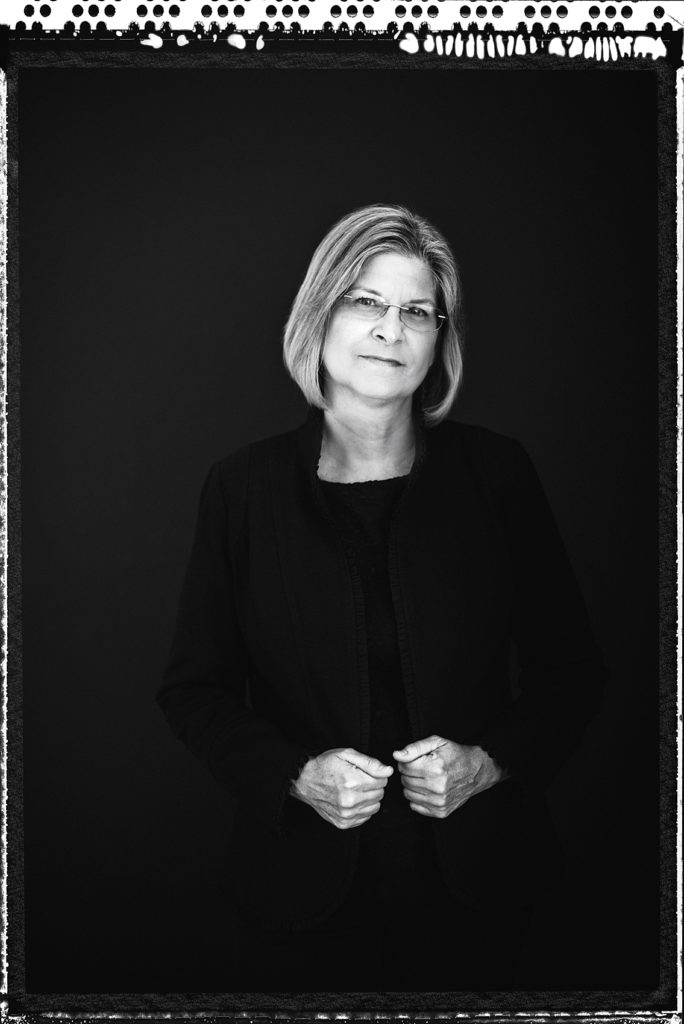 MG: I get inspired by every single woman that enters this door. Everyone I photograph, I talk to, so it must be the same for you. You just get so inspired by these women and their stories, it’s a great motivator. You feel like this is what I’m supposed to be doing.
MG: I get inspired by every single woman that enters this door. Everyone I photograph, I talk to, so it must be the same for you. You just get so inspired by these women and their stories, it’s a great motivator. You feel like this is what I’m supposed to be doing.
DF: It’s great and I have a daughter. It’s really nice for her to see see this. She was my first intern when I was in DC. When she was home from college in the summer, she worked with me when we were just starting Emerge. So, it was fun to have her there with me after being a stay-at-home mom and also model what it’s like to be working – and working at something that was a real challenge.
Becoming an executive director of an organization is a huge undertaking – you have to know how to run a small business, you have to know how to fundraise, manage data, etc. Emerge isn’t something that you can take a class in college. My training was working on campaigns while being a full-time mom. I was campaign fundraising and filling in whatever role I could play and I was always interested in hands-on experience.
MG: How many Emerges are there right now?
DF: I think there are in 23 States. Okay, don’t hold me to that the number, it literally changes daily.
I think that they’ve started taking advantage of the surge in interest in running for office and being involved. Before the election and then again after the election interest grew.
MG: How do you get your funding?
DF: It’s hard. It’s political fundraising. Which basically means they are not tax deductible donations. Our budget is modest and you know our focus is not to grow as much as it is to get as many good women out there to run. Fundraising plays a necessary part, and we tried to use as little time as possible to raise the max amount of money. At the recent event at the Senator Theater honoring Barbara Mikulski, we grew our donor list and we picked up a couple of donors that are high dollar donors. Barbra Mikulski has been there from the start, she gave us our seed money to get started.
MG: That’s wonderful. For you to have been able to come full circle and give back to her with this wonderful tribute. I’m sure she was just delighted with that.
DF: I have to say Martha McKenna really pulled this off. It was her brain child to do this, and she worked hard to make that happen. I am grateful because it makes my job easier now. I don’t have to worry this year about how we are going to make it to the end of the year and our funding. I just have to worry about making sure that we continue to fill this pipeline of women beyond 2018. I’m already looking at the 2019 cohort. I’m starting to think about where to recruit for that.
MG: This is wonderful, thank you for the Tete-a-Tete.
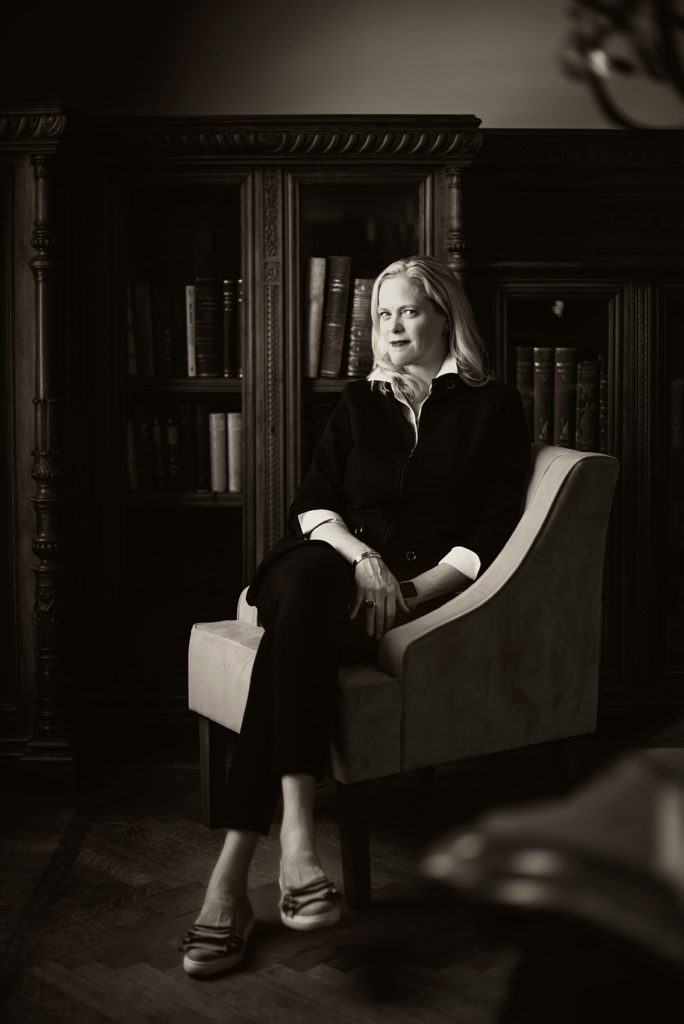 MG:
MG: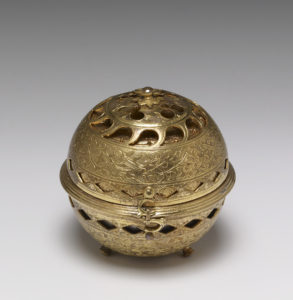
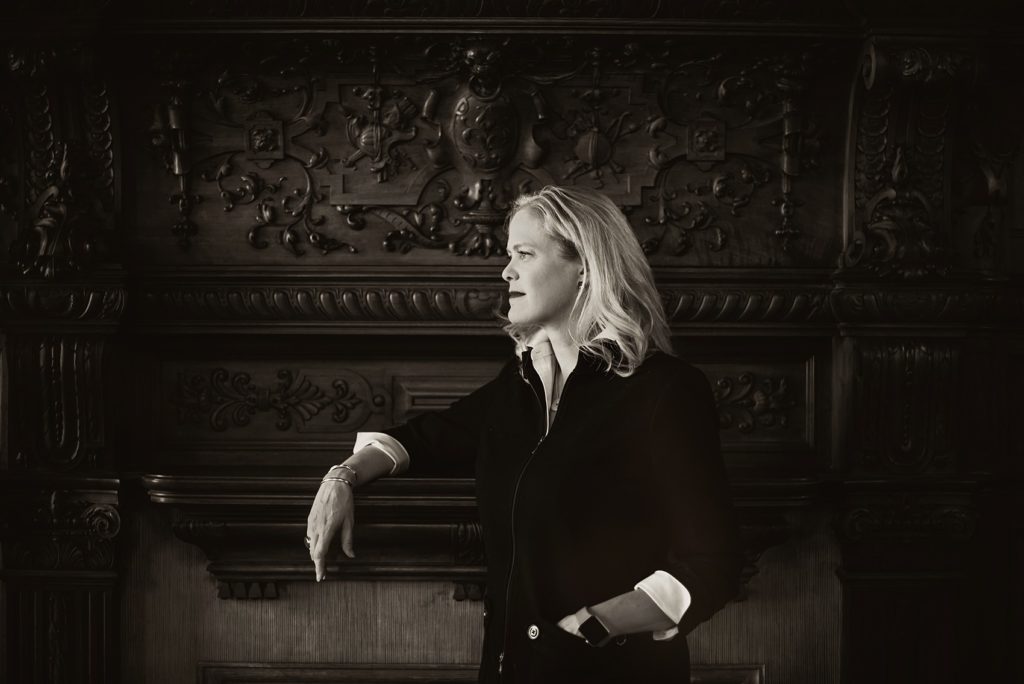 MG: At the Bryn Mawr graduation you said, “You can have it all.” And then you turned around and said, “Guess what? No you can’t.”
MG: At the Bryn Mawr graduation you said, “You can have it all.” And then you turned around and said, “Guess what? No you can’t.”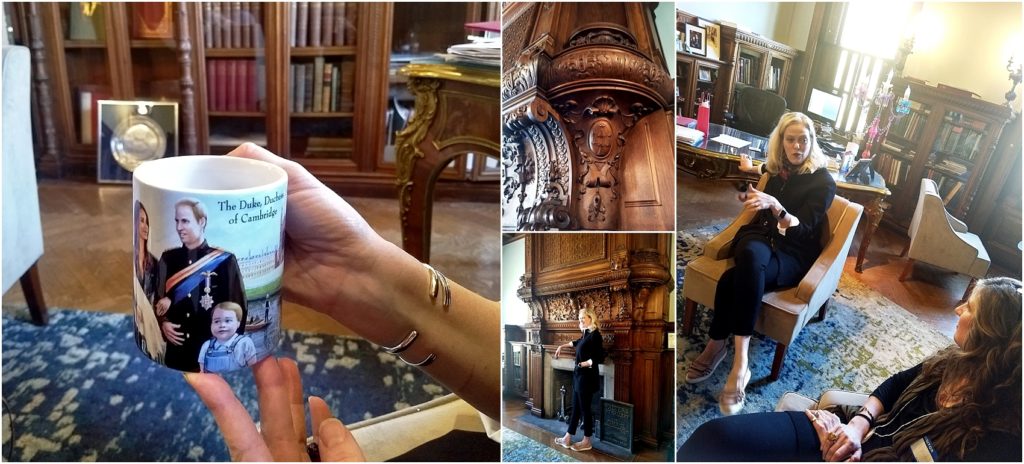
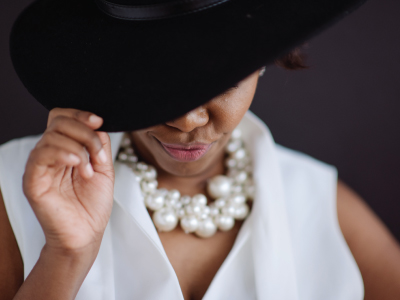
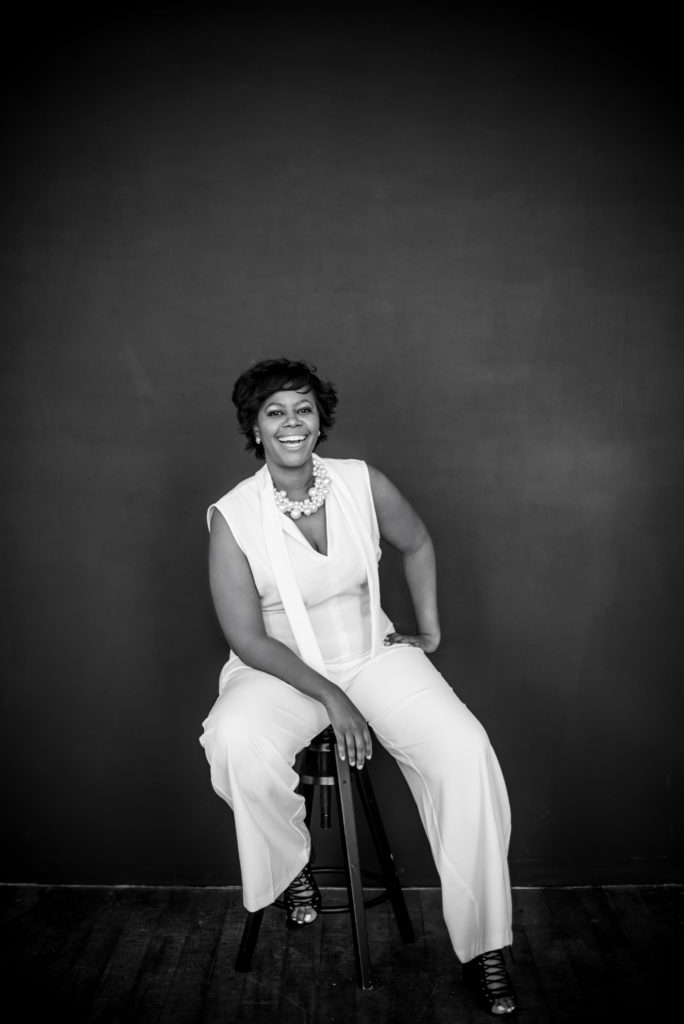 CV: I have been engulfed in my studies with positive psychology and taking this class where I’ll be certified as an executive leadership coach. That’s through the Positive Psychology Institute with Valerie Burton. I love that group of women and group of people who are exploring not only ways to support other people in their development of leadership, but their leadership skills around resiliency and helping others.
CV: I have been engulfed in my studies with positive psychology and taking this class where I’ll be certified as an executive leadership coach. That’s through the Positive Psychology Institute with Valerie Burton. I love that group of women and group of people who are exploring not only ways to support other people in their development of leadership, but their leadership skills around resiliency and helping others.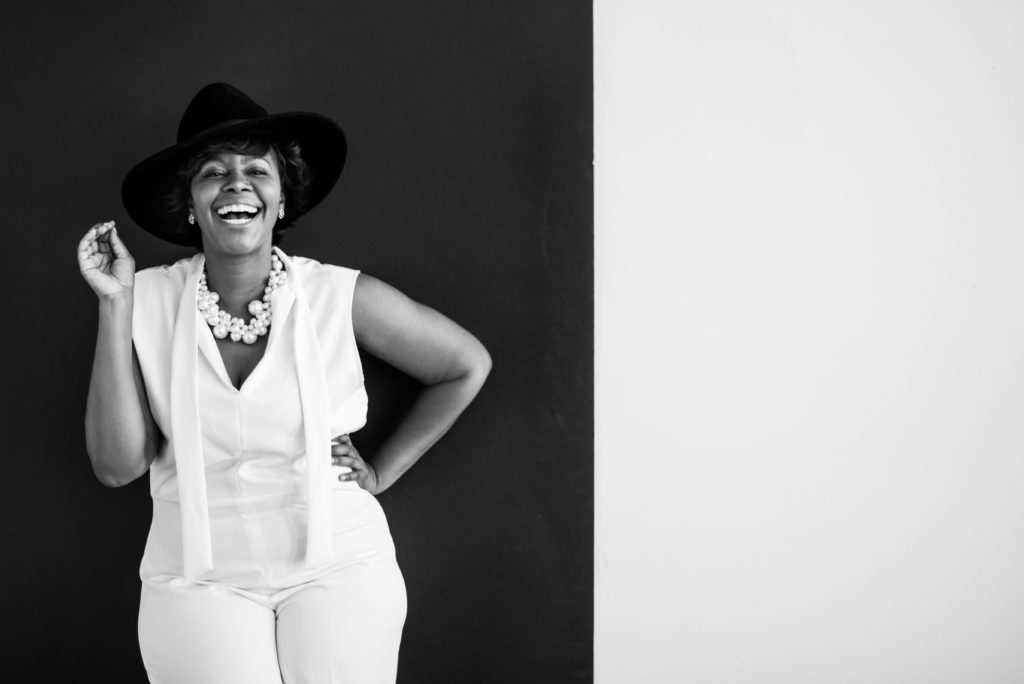
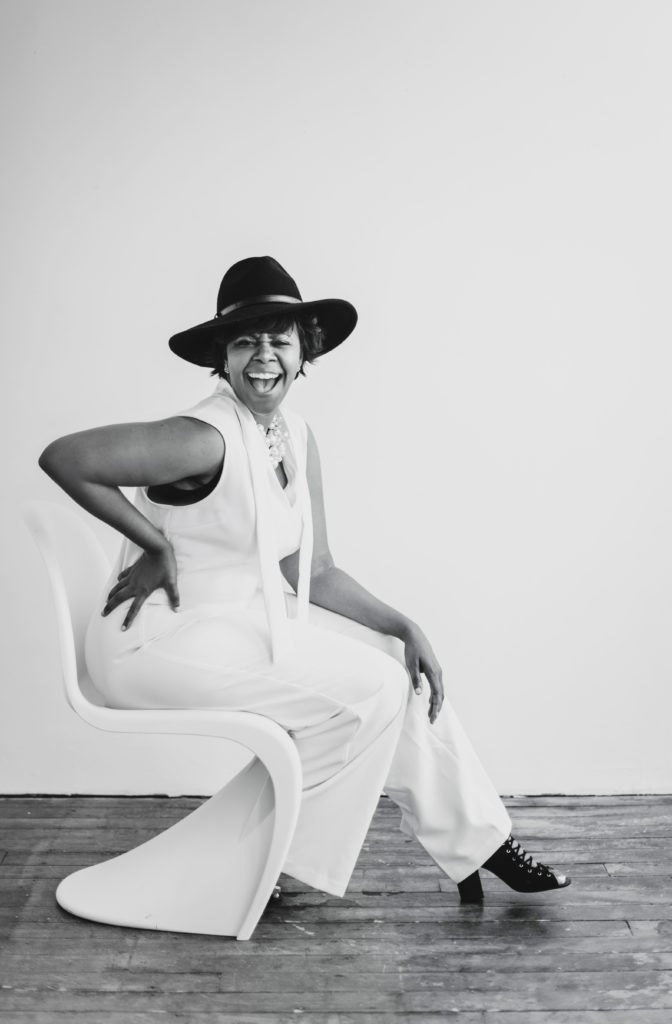 CV:
CV: